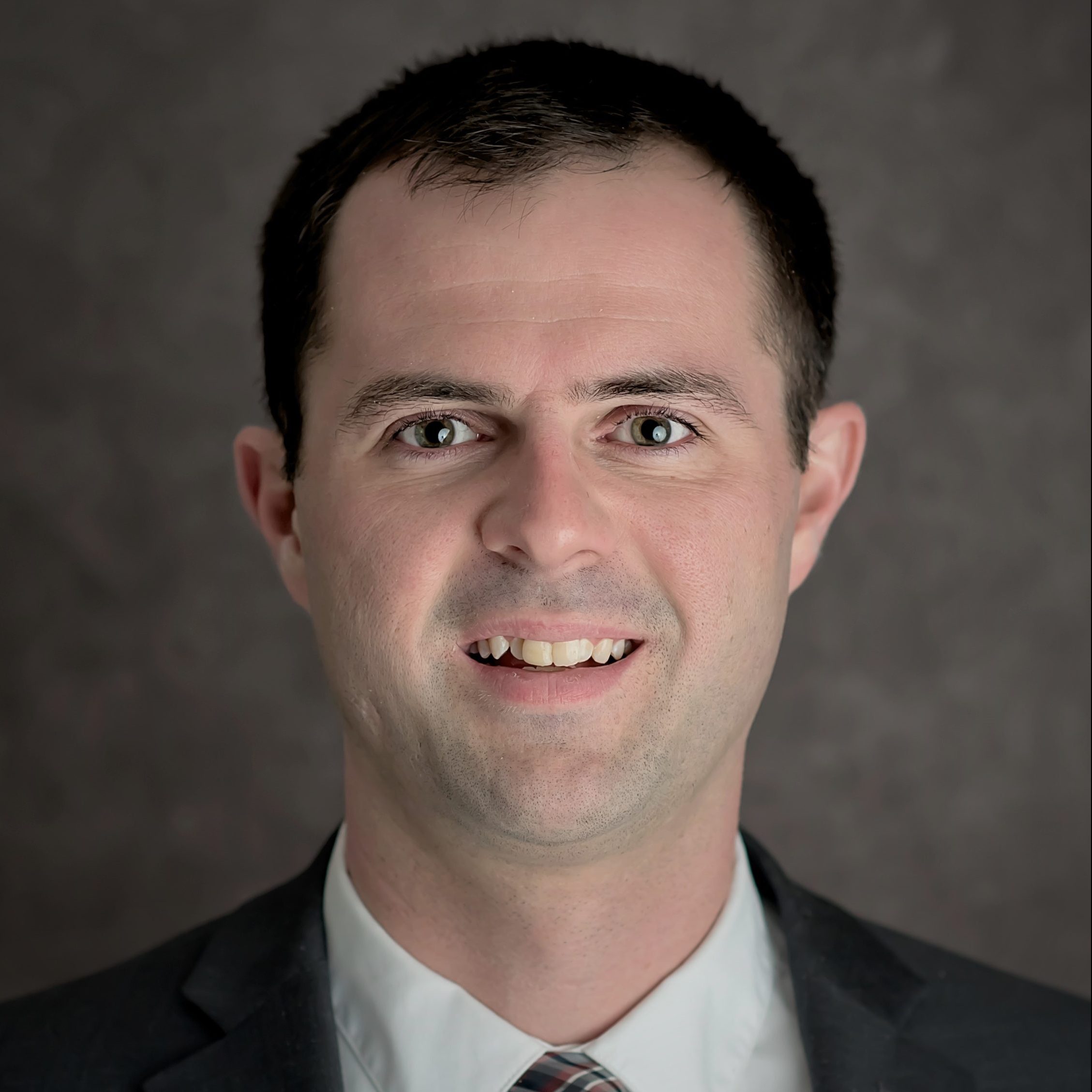
Data Highlights from The State of Religion & Young People 2023: Exploring the Sacred
Springtide’s mission is to listen to and understand the distinct ways young people express community, identity, and meaning. While we craft actionable insights based on that research, we look to others directly invested in working with young people to help make our insights tangible and actionable in their contexts.
Faith Counts is a multi-faith organization working to promote the value of faith. Here, Dr. Ryan Burge, Director of Research for Faith Counts, offers thoughts on our recent report, The State of Religion and Young People 2023: Exploring the Sacred.
Springtide Research Institute’s new study, The State of Religion & Young People 2023: Exploring the Sacred, provides unrivaled insights into the views of 13-to-25-year-olds living in the United States. A true innovation of this project is that it combines mixed methods, employing both a large-scale survey of over 4,000 young people alongside some in-depth interviews with survey participants. This comprehensive approach allows readers to obtain a broad view of spirituality among young people, and also offers unparalleled insights into the nuances of how young people think about various aspects of religious and spiritual life.
Several findings from the survey stand out as notable and should lead to deeper exploration among scholars who study the religiosity of younger generations. The first is that just 15% of 13-to-25-year-olds say, “I don’t believe in a higher power.” In comparison, nearly double that rate (29%) say, “I know that a higher power exists and I have no doubts about it.” This survey result dovetails nicely with other research that has found that religious belief is still robust in the United States, even though both religious belonging (those who identify with a religious tradition) and religious behavior (regular religious attendance) have shown a marked decline in the last several decades.
It is also notable that in a time of increasing secularization, strong majorities of young people say that they are at least “slightly spiritual” (78%) or “slightly religious” (68%). It is also striking that about three in five young people describe themselves as both religious and spiritual. At a time when media coverage of religious institutions tends to focus on scandal and sensationalism, the durability of religion supports the belief that there is still a large contingent of young people who are not actively rejecting organized religion.
That same thread of the pervasiveness of spirituality and religion comes through when looking at those questions broken down by religious tradition. A headline-grabbing statistic is that two-thirds of agnostic young people still say they are spiritual, and 28% indicate that they are religious. The finding that over 40% of young atheists say they are at least slightly spiritual invites further inquiry from those who are trying to disentangle how young people consider terms like religious and spiritual in an age of increasing secularization.
However, this is not to say that all the data provided in this report should encourage leaders of religious institutions. For instance, in reference to organized religion, young people are three times more likely to say that they “do not trust at all” than they are to say that they “trust completely.” A strain of cynicism runs through 13-to-25-year-olds that makes them deeply skeptical of institutions. And, while they still express spiritual yearning at high levels, it doesn’t seem that this appetite will be met by historic religious institutions.
This becomes clear when analyzing where young people say they have experienced a sacred moment. Places of worship do not lead the way. In fact, the most likely location for such an event is “in nature” or “in the privacy of my home or room.” This points to an increasing view of spirituality and religion that is individualized and that rejects the social aspects of religious life that have been commonplace for centuries.
Looked at in its totality, Springtide Research Institute’s most recent report provides ample fodder for those who relish the decline of American religion as well as for those who still see signs of intense spirituality among the youth of the United States. The next generation will have to chart a new religious course as they navigate the pressures of social media, an increasingly skeptical society, and an atomized culture that tends to reject social institutions in favor of individualized spirituality.

Dr. Ryan Burge
Director of Research for Faith Counts
Dr. Ryan Burge, renowned political scientist, serves as Director of Research for Faith Counts, a nonprofit, multi-faith organization comprised of faith communities and charities representing and serving tens of millions of Americans. Dr. Burge oversees content and research for the Faith Facts Data Center, a wide-ranging guide for journalists and scholars about faith’s impact across society. CBS News’ 60 Minutes calls Dr. Burge “one of the country’s leading data analysts on religion and politics.” He regularly appears as an expert in major news outlets, and has been published in the Washington Post, New York Times, and Wall Street Journal. He has produced over 20 peer-reviewed journal articles, and wrote The Nones: Where They Came From, Who They Are, And Where They Are Going and 20 Myths About Religion and Politics in America. He also serves as associate professor of political science at Eastern Illinois University.



